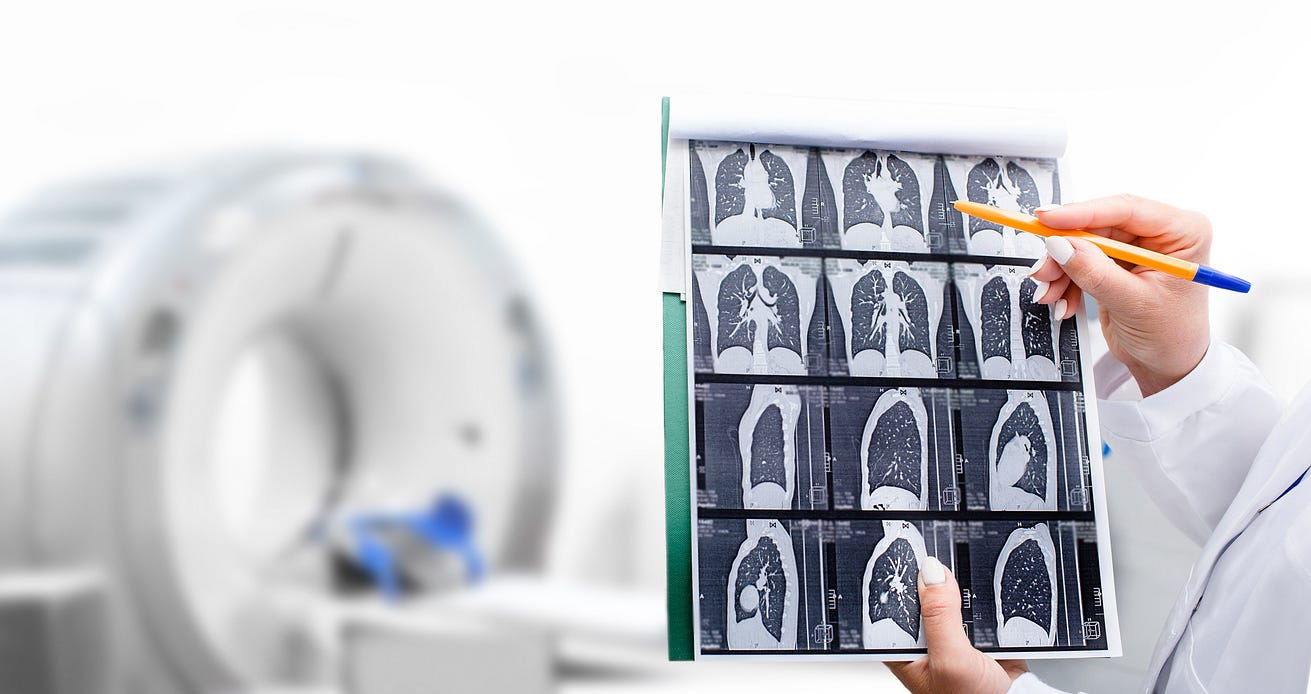the health strategist
institute for continuous health transformation
and digital health
Joaquim Cardoso MSc
Senior Advisor for continous health transformation
and digital health
January 6, 2023
In one phrase
Efforts to accelerate progress against cancer through early detection, technological innovation, and collaborations between the public and private sectors are bringing us closer than ever to ending cancer as we know it.
Key Messages:
- We are now closer than ever to achieving the vision of ending cancer as we know it.
- Progress in cancer screening, the convergence of science, data and technology and bold collaborations are rapidly progressing the fight against cancer.
- Together, through our collective global efforts, we can end cancer as we know it.
Executive Summary
The COVID-19 pandemic has had a significant impact on cancer screening and diagnoses, threatening to set back decades of progress in the fight against cancer.
However, efforts to accelerate progress against cancer, including a focus on early detection and technological innovation, as well as collaborations between the public and private sectors, are bringing us closer than ever to achieving the vision of ending cancer as we know it.
This includes progress in cancer screening, such as updated national cancer plans that prioritize prevention and early detection, and the use of artificial intelligence to improve the detection of early-stage cancer in low- and middle-income countries.
The convergence of science, technology, and data is also driving breakthroughs in cancer treatment and enabling more equitable access to care.
Efforts to increase access to care include collaborations with organizations such as GRAIL and Mayo Clinic to develop early cancer detection tests and t
… progress in cancer screening, such as updated national cancer plans that prioritize prevention and early detection, and the use of artificial intelligence to improve the detection of early-stage cancer in low- and middle-income countries.
DEEP DIVE

David Fredrickson
Executive Vice-President, Oncology Business Unit,
AstraZeneca
In 1971, US President Nixon launched the War on Cancer, saying: “The same kind of concentrated effort that split the atom and took man to the moon should be turned to conquering this dread disease.”
Achieving the cancer moonshot has proven to be a far more challenging leap for mankind than Neil Armstrong’s first step on the moon.
More than 50 years later, with US President Biden rallying to accelerate progress against cancer, a focus on early detection, technological innovation and creative collaborations between the public and private sectors is bringing us closer than ever to achieving the vision of ending cancer as we know it.
More than 50 years later, with US President Biden rallying to accelerate progress against cancer, a focus on early detection, technological innovation and creative collaborations between the public and private sectors is bringing us closer than ever to achieving the vision of ending cancer as we know it.
We faced a major hurdle in progressing this goal with the COVID-19 pandemic causing dramatic declines in cancer screenings and diagnoses, challenging our equity efforts and threatening to set back decades of progress for cancer patients.
While we’ve yet to fully understand the long-term consequences, I am confident we are curbing the repercussions of the pandemic and standing on the cusp of great change in the fight against cancer by working together with renewed energy and purpose, driving improvements in care through cutting-edge science and increasing access to equitable cancer care across the globe.

Progress in cancer screening
Every cancer detected earlier is a chance to save a life. There is nothing more important.
This year we saw reassuring policy progress on screening with key updates to national cancer plans across the globe that further prioritise prevention and early detection, specifically in lung cancer — one of the deadliest forms of cancer.
The strong body of evidence from large-scale randomised trials supporting screening for lung cancer in high-risk individuals has become indisputable and governments are taking note.
In Australia, the Medical Services Advisory Committee recommended a new national lung cancer screening programme in 2022.
In the UK, any current or one-time smoker between the ages of 55 and 75 will now be invited to a free lung check, with high-risk individuals offered a low-dose CT scan as part of the Targeted Lung Health Check programme.
In Taiwan, researchers with the Ministry of Health and Welfare are focusing on a lung cancer screening strategy targeting never smokers, a population accounting for more than half of those who have died of lung cancer.
And, in 2021, the US Preventive Services Task Force broadened lung cancer screening eligibility guidelines to capture more high-risk individuals.
I see this tangible policy progress on screening as a tipping point and I hope it inspires more countries to quickly follow suit and update their screening efforts in line with the evidence.
The strong body of evidence from large-scale randomised trials supporting screening for lung cancer in high-risk individuals has become indisputable and governments are taking note.

Convergence of science, technology and data
The power of new technologies applied to innovative science, combined with the ability to analyse and interpret vast amounts of data has the potential to propel us forward at an unprecedented pace.
We see this progress in cancer treatment breakthroughs, but this dynamic has also allowed us to make progress in delivering equitable access to screening by enabling scalable technology in low- and middle-income countries where it was previously not possible.
One example is using artificial intelligence (AI) to analyse X-rays for potential early-stage lung cancers in countries such as Malaysia through a partnership with Qure.ai.
This programme seamlessly integrates the technology into existing tuberculosis screening programmes to improve the detection of early-stage lung cancer quickly and at scale.
We’re also collaborating with GRAIL to develop new testing technology that can detect circulating tumour DNA in the blood from very early-stage cancer, even before any growths or masses are detectable by traditional methods.
Innovations such as this allow us to envision a future with equitable access and outcomes in cancer care — where some biopsies and CT scanners, which take valuable time and healthcare resources, could someday be replaced by a simple blood test.
One example is using artificial intelligence (AI) to analyse X-rays for potential early-stage lung cancers in countries such as Malaysia through a partnership with Qure.ai.

Bold collaborations
Collaboration is imperative if we want to ultimately eliminate cancer as a cause of death.
Millions of lives were saved during the pandemic through global, cross-sector collaboration.
This same sense of urgency and unified purpose should now be applied to moving faster to advance the understanding, diagnosis, treatment and prevention of cancer through joint efforts involving cross-sector partners — academia, providers, governments, advocates, industry and patients.
We’re seeing promising examples of efforts at scale already, including the Biden administration’s Cancer Moonshot and the World Health Organization’s Global Breast Cancer Initiative, a collaborative effort with the objective of reducing global breast cancer mortality.
This same sense of urgency and unified purpose should now be applied to moving faster to advance the understanding, diagnosis, treatment and prevention of cancer through joint efforts involving cross-sector partners — academia, providers, governments, advocates, industry and patients.
At AstraZeneca, collaboration is a priority for the organization.
AZ recently launched Accelerate Change Together (ACT) for Cancer Care Africa, which is focused on sustainably improving cancer care ecosystems across Africa.
We are supporting more than 100 oncology centres across Africa — including in Morocco, Algeria, Egypt and Kenya — providing training for more than 10,000 healthcare professionals and enabling screening and diagnosis for over one million patients across three major cancer types: lung, breast and prostate.
We also supported the creation of the Lung Ambition Alliance, an ambitious multi-sectoral partnership aimed at transforming five-year survival in lung cancer around the world with local partnerships and programmes now active in over 50 countries.
Much of what has been accomplished was once impossible to imagine and can only be realized through global cross-sector efforts ensuring good ideas and best practices are spread far and wide.
It’s a reminder that together, through our collective global efforts, we can end cancer as we know it.
Originally published at https://www.weforum.org on January 16, 2023.
It’s a reminder that together, through our collective global efforts, we can end cancer as we know it.












